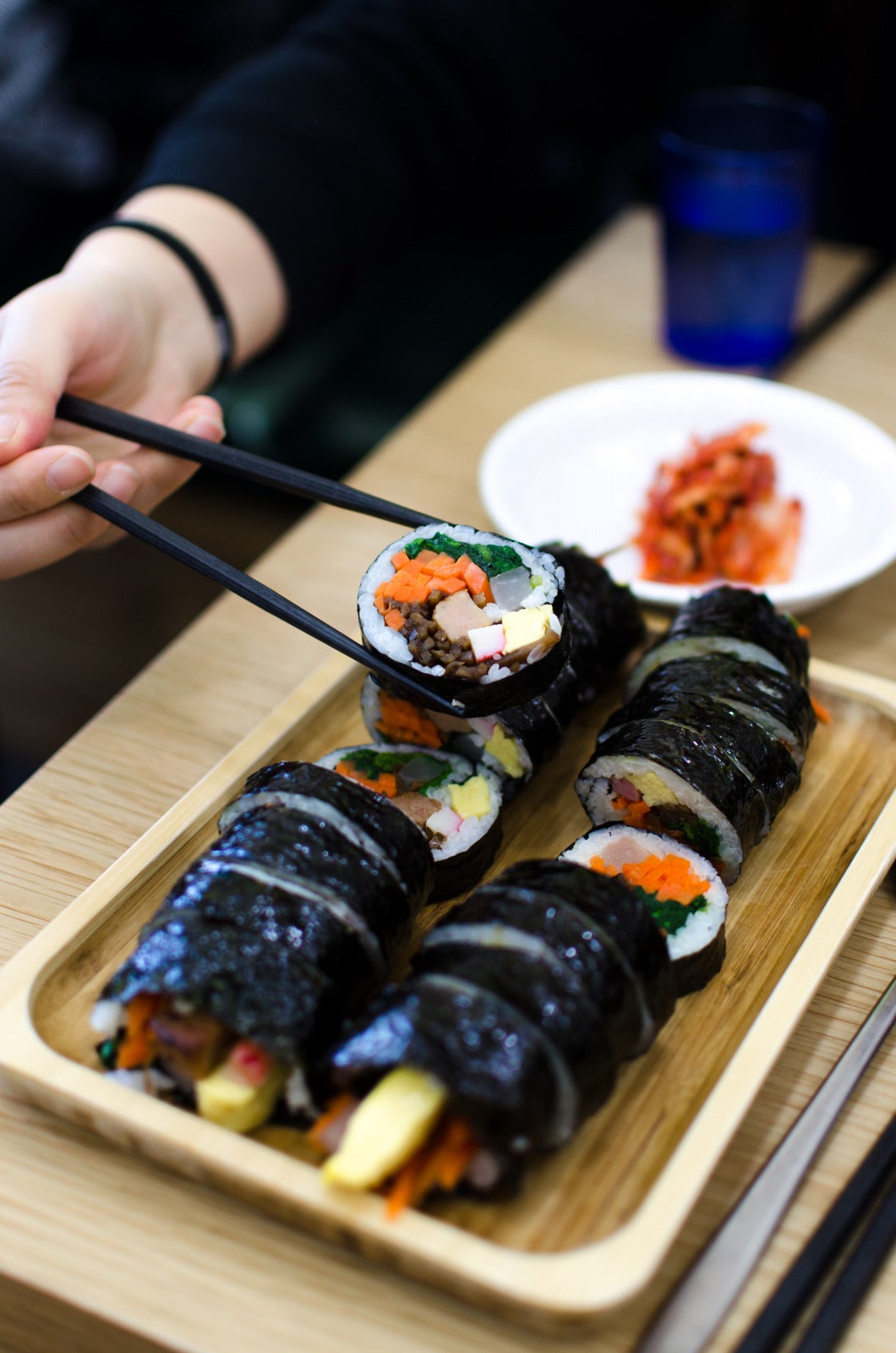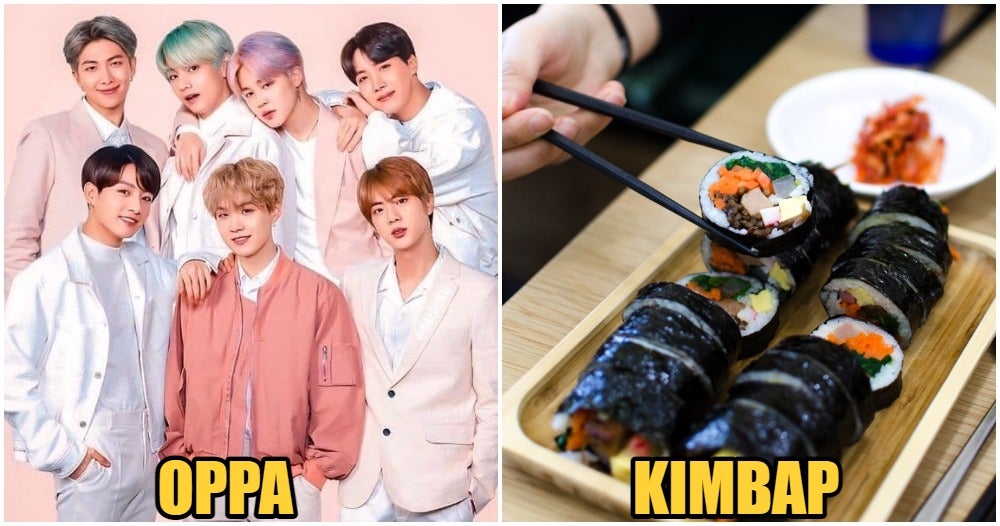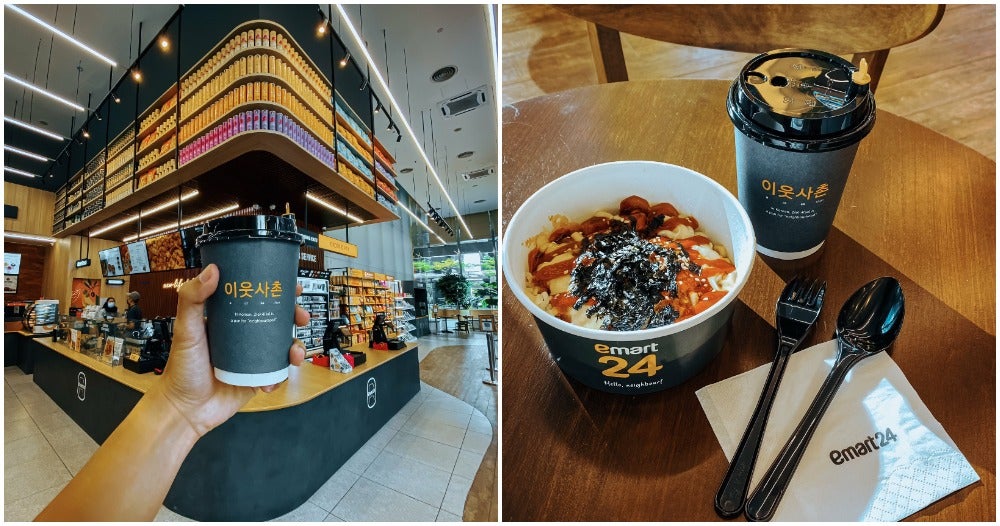It has been a few years since the Korean wave hit Malaysia. With their catchy songs, fashion statements, idol groups and entertaining variety shows, the K-wave has almost engulfed the entire world.

It is without a doubt that many people nowadays know the meaning of “saranghae”, “daebak”, “oppa” and “unni”. Since the K-wave has become so widespread, 26 Korean words have since been entered into the Oxford English Dictionary (OED). A few of them include:
- Aegyo (noun and adjective): “Cuteness or charm, esp. of a sort considered characteristic of Korean popular culture. Also: behaviour that is regarded as cute, charming, or adorable. Cf…”
- Banchan (noun): “In Korean cookery: a small side dish of vegetables, etc., served along with rice as part of a typical Korean meal.”
- Fighting (interjection): “Esp. in Korea and Korean contexts: expressing encouragement, incitement, or support: ‘Go on!’ ‘Go for it!’”
- Hallyu (noun): “The increase in international interest in South Korea and its popular culture, esp. as represented by the global success of South Korean music, film…”
- K- (combination form): “Forming nouns relating to South Korea and its (popular) culture, as K-beauty, K-culture, K-food, K-style, etc.”
- Kimbap (noun): “A Korean dish consisting of cooked rice and other ingredients wrapped in a sheet of seaweed and cut into bite-sized slices.”

- Oppa (noun): “In Korean-speaking contexts: a girl’s or woman’s elder brother. Also as a respectful form of address or term of endearment, and in extended use with…”
- Unni (noun): “In Korean-speaking contexts: a girl’s or woman’s elder sister. Also as a respectful form of address or term of endearment, and in extended use with…”
If you would like to see the full list of words added to the Oxford English Dictionary for September 2021, you can access it here.
In a statement to CNN, the OED says,
“We are all riding the crest of the Korean wave, and this can be felt not only in film, music, or fashion, but also in our language, as evidenced by some of the words and phrases of Korean origin included in the latest update of the Oxford English Dictionary.”
The OED also mentions that the adoption of these Korean words into English has shown that “lexical innovation is no longer confined to the traditional centres of English in the United Kingdom and the United States”.
Well, this is certainly interesting! We hope that in the near future, more Malay words will be added to the dictionary as well. Maybe something like rempit?
Also read: This Korean Convenience Store In Klang Valley Sells Authentic Street Food & It’s So Insta-Worthy!











































